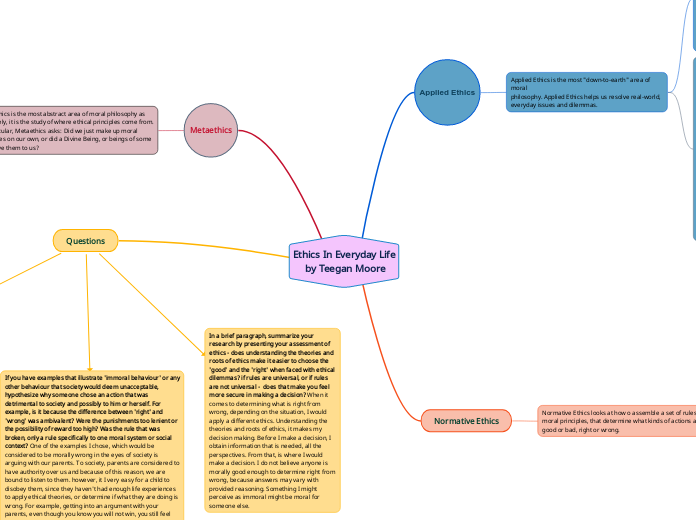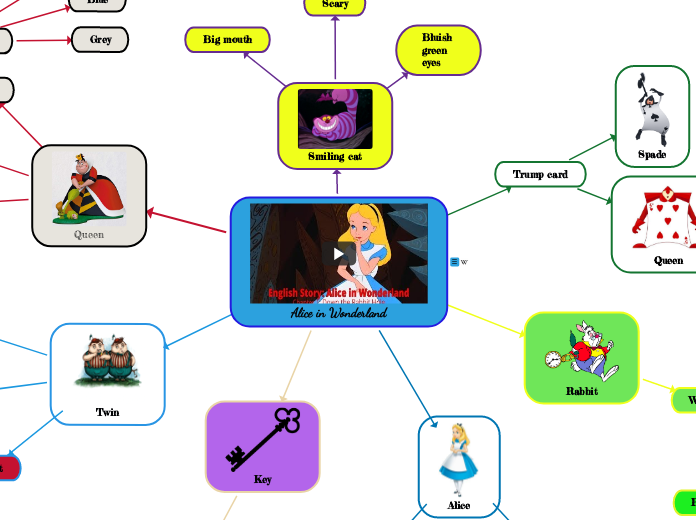af Teegan Moore 3 år siden
199
Ethics In Everyday Life by Teegan Moore
The field of Applied Ethics bridges the gap between theoretical moral philosophy and real-world dilemmas, addressing issues that arise in everyday life. One critical topic is our moral responsibility towards the environment.









